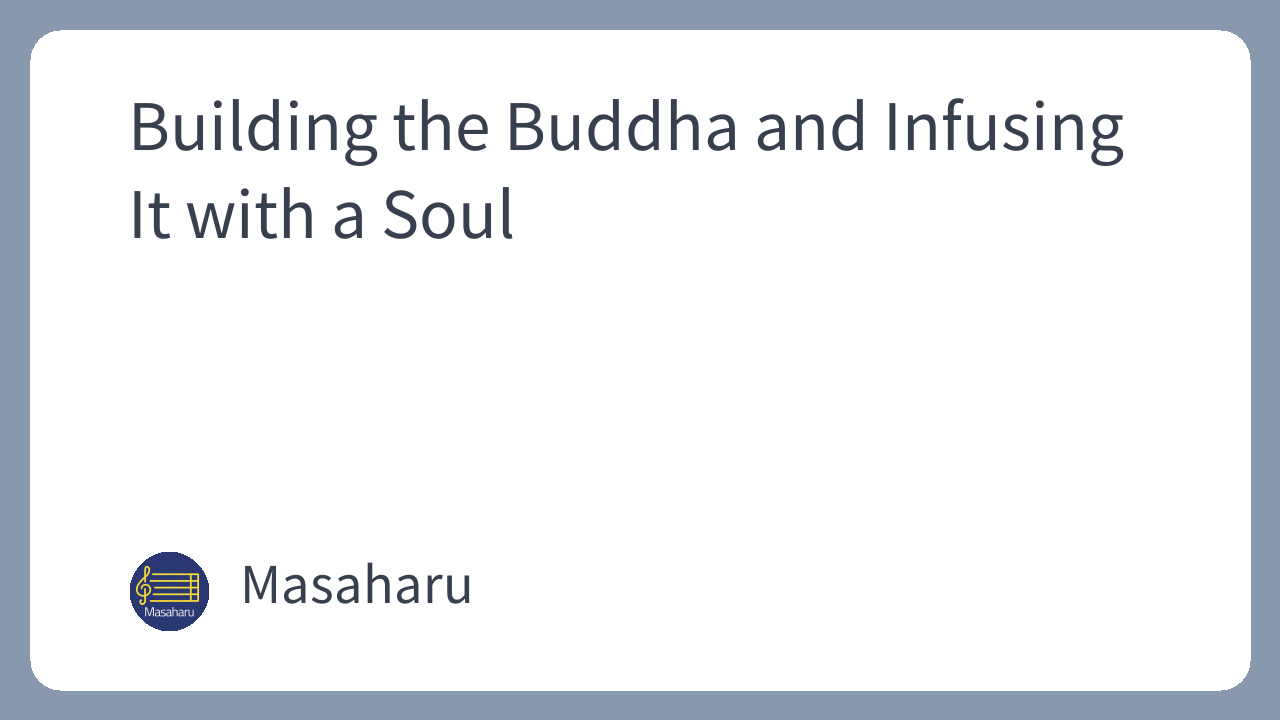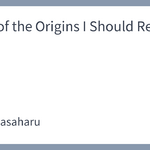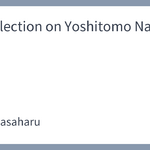(Originally posted on April 1, 2007)
Recent technological advancements have made it remarkably easy to create music. By continually manipulating and evaluating sound materials on a computer, music can be generated.
The processes and efforts required for music to manifest as a finished piece—such as technical skills, performance connections, and production environments—have significantly decreased in recent years. The term DTM (Desktop Music) is a good symbol of this shift.
The fact that music creation has become easier, and the process more streamlined, is undoubtedly a positive development, and I personally benefit greatly from this.
However, there are also some unintended consequences that have emerged in the wake of these advancements. One critical observation that has been voiced frequently, especially online, is this: “It has also become easy to ‘make up music,’” though the language used is somewhat harsh.
This points to the possibility of a situation where a “beautifully crafted facade” of music is produced without depth—a kind of music that may look good but lacks a soul.
For example, there is a situation where the music, while completed with a certain level of polish, fails to satisfy either the creator or the listener. The music might stand as a pristine form, but it feels empty. On the other hand, there may be a piece that feels complete and receives positive feedback from listeners, yet the creator experiences a sense of unfulfillment.
As I pondered what might be at the root of these situations, I came across a powerful quote from the clinical psychologist Rollo May’s book The Courage to Create:
Creativity is the encounter between the ‘consciously aware human being’ and ‘the world in which he or she lives.’
Here, the “world in which one lives” refers not only to one’s internal “my-world” or mental landscape, but also to the external world of one’s time, environment, and the relationship between these “worlds” and the self.
For me, this “world” is embodied in the intersection of the music production techniques and sounds that became possible in an age of technological development. It is through this interaction with different musical worlds that I attempt to create the music I desire. And it is through encountering my inner world—the world where I find joy in these new possibilities—that I find my true self.
The joy I felt when I first began composing music was a result of these encounters. Later, during moments of frustration, I realized that the dynamic energy of these encounters was missing.
When a piece of music is completed—whether according to the original plan or in unexpected ways—and I feel, “Ah, this is the music I wanted to create,” it is clear that I have had an encounter with “the world in which I live.”
Without such encounters, the music that reaches its final destination may only show a “constructed” and superficial form, beautiful yet hollow.
Of course, no composer sets out to merely “create something artificial.” It is more likely that music will unintentionally turn out this way. Still, it often reveals itself as a subtle sense of unfulfillment for the creator.
For the sake of clarity, I must state that there is nothing inherently wrong with the convenience of music composition itself. On the contrary, for many people who have longed for “a channel to meet the world,” this development has been a great blessing.
What I am addressing here, however, is the reason for the creator’s sense of unfulfillment and its nature. The current production environment, while a gift to many, ironically makes it easier for music to turn out “constructed” in this way.
By the way, the situation where “the listener’s evaluation is poor, but the creator is satisfied” is an eternal challenge. But if you truly believe that the soul has been infused into the “facade” (and that there has been an encounter with the world), then I think it’s worth continuing to pursue that path.
As I conclude this piece, I remind myself that I must continue to deepen the traces of my “encounter with the world.” With this thought, I wrap up this essay—for now.


